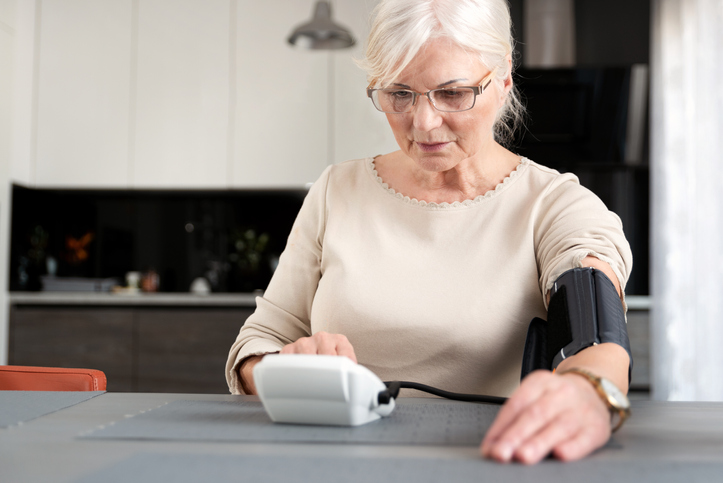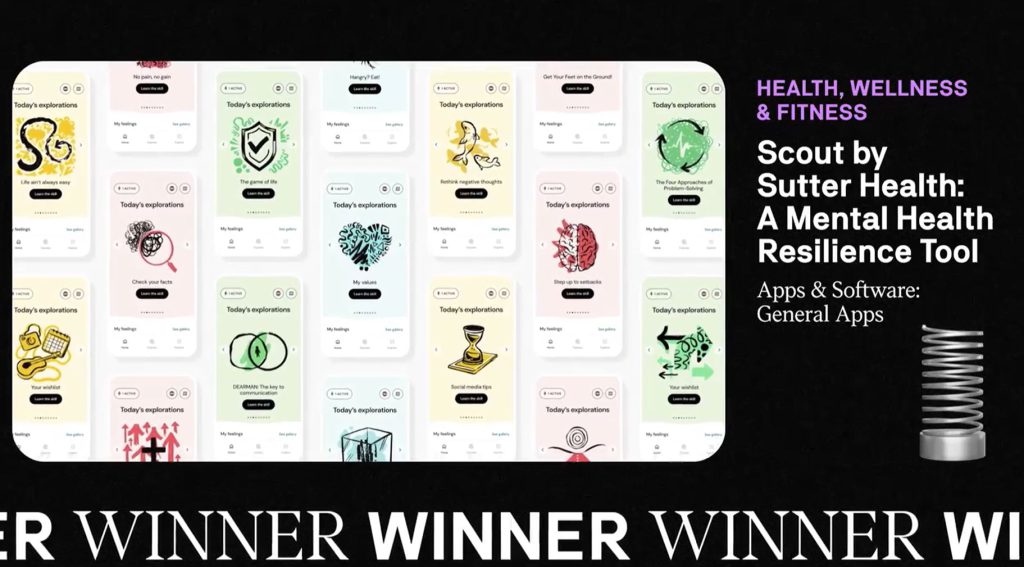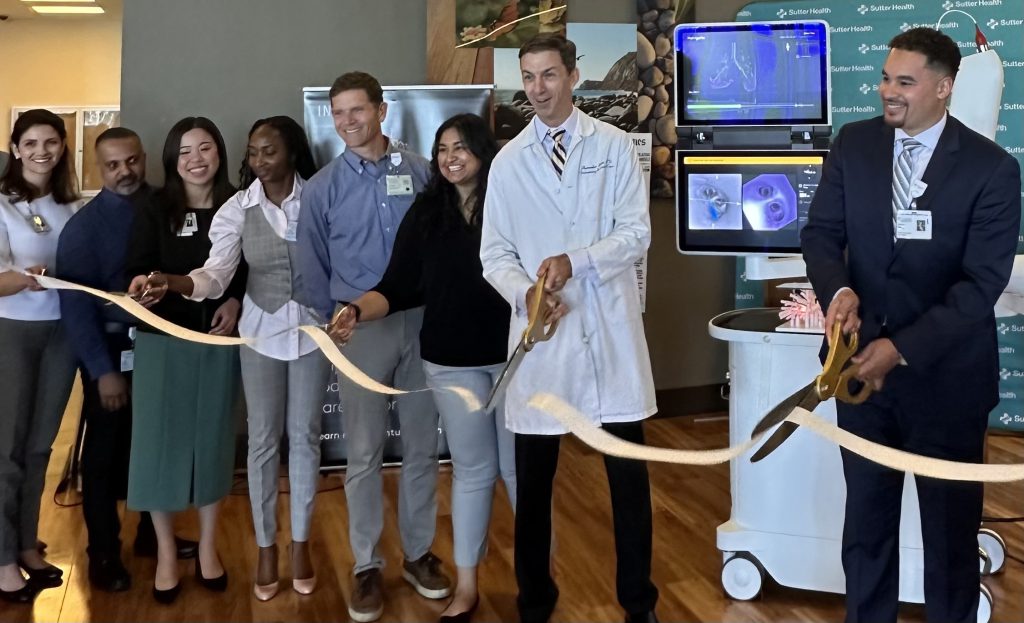The pandemic has understandably transformed many of us into housebound creatures, oftentimes moving less and eating more.
“It’s created the perfect storm for developing high blood pressure. For those who are already hypertensive, their blood pressure can get out of control,” says Michael X. Pham, M.D., M.P.H., chief of cardiology with Sutter’s California Pacific Medical Center in San Francisco.
People may be exercising less, can be generally feeling more stress, and may lack the normal outlets to decompress, including time with family and friends, travel, attending sporting events or going to the movies.
“People are also eating less healthy,” says Dr. Pham. They may be ordering takeout more often or eating processed foods because they last longer and require fewer trips to the store.
But there’s hope for our hearts! Dr. Pham says healthy eating and exercise can help prevent, manage, and stave off high blood pressure. “Even small changes can make a difference,” says Dr. Pham.
Blood Pressure Basics
Blood pressure readings have two numbers—systolic and diastolic. For example, a blood pressure number would be written 118/78 mm Hg. The top number (systolic) accounts for the pressure when the heart beats. The bottom number (diastolic), accounts for the pressure between heart beats.
A person will be diagnosed with high blood pressure if their systolic blood is 130 or higher and their diastolic is 80 or higher. A blood pressure reading of 120/80 mm Hg or lower is considered normal.
“If a patient’s blood pressure is high or borderline, it’s a warning sign,” says Dr. Pham.
High Blood Pressure Puts Your Heart at Risk
A person’s blood pressure rises and falls throughout the day, but, if it stays high for a long time, that person may have the medical condition of high blood pressure, also known as hypertension.
Hypertension can cause heart disease or kidney disease—and may lead to heart attack, stroke or even death.
“High blood pressure doesn’t usually cause symptoms—it’s a silent disease. Most people don’t know they have it until they go to their healthcare provider for a routine visit,” says Dr. Pham.
Safe Care Sites
For hypertensive patients, regular blood pressure checks allow your care team to monitor your treatment plan and the effectiveness of your medications. For those whose blood pressure is under control, preventative care is still important.
Sutter Health’s integrated network has convenient care options available to help you stay on top of your health.
In-person: Sutter care sites have implemented safety measures to help reduce the risk of COVID-19 exposure. These include, but are not limited to: extra cleaning, screenings before entry, and mandatory masking.
Online: Sutter care sites also offer convenient access to video visits for those who don’t want to come into an office environment and don’t need direct contact. Video visits allow your doctor to see, hear and talk with you as they would during an in-person visit.





